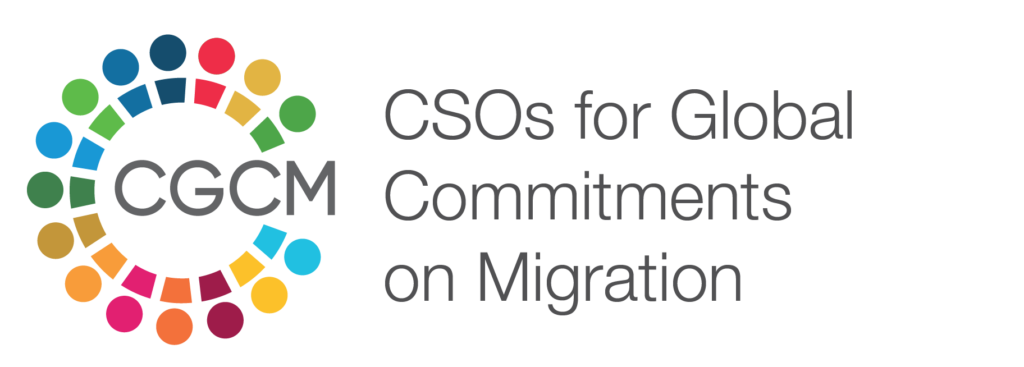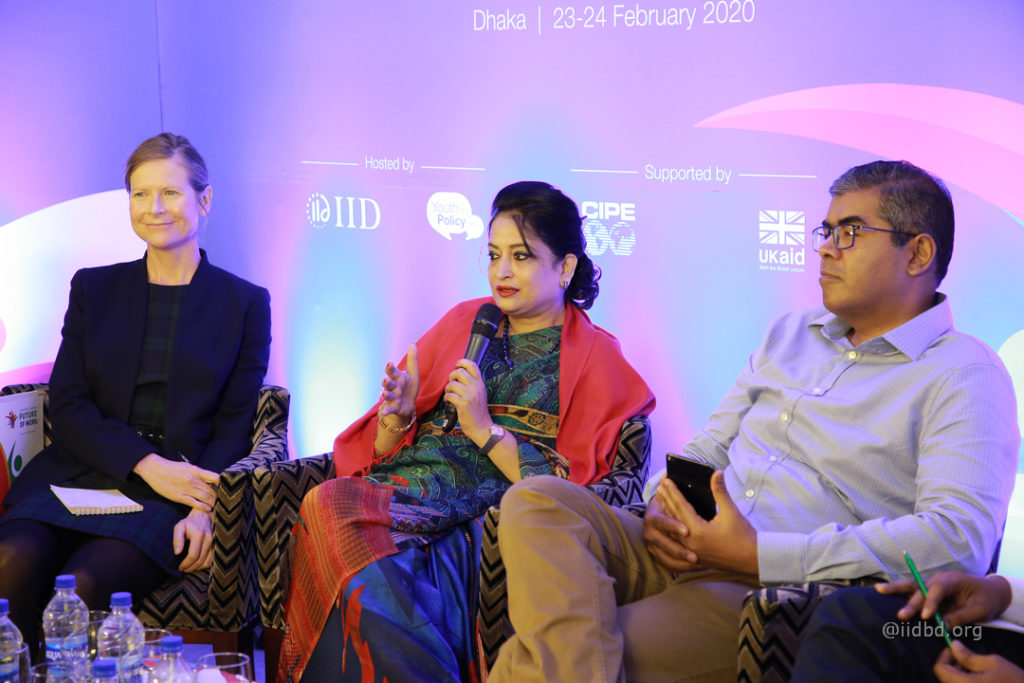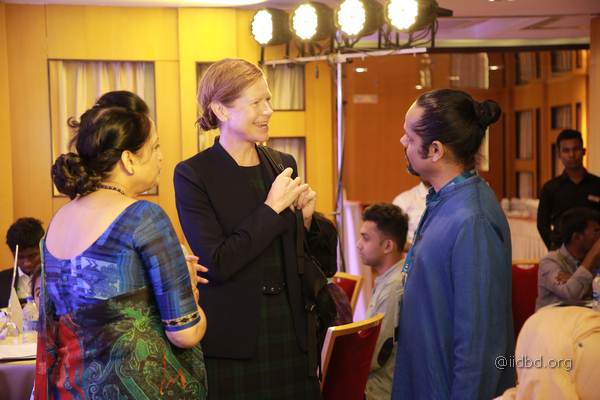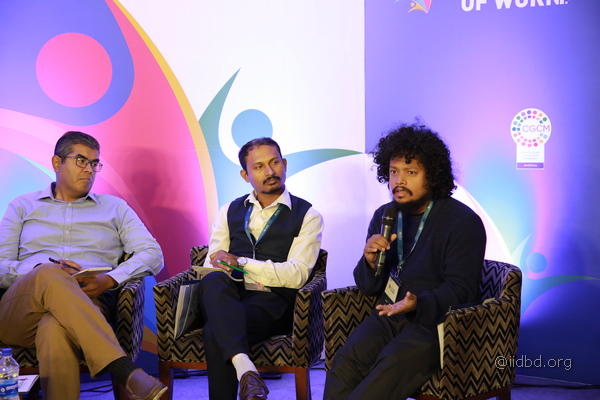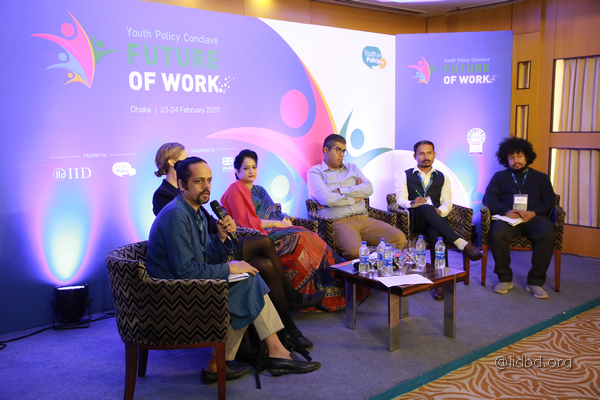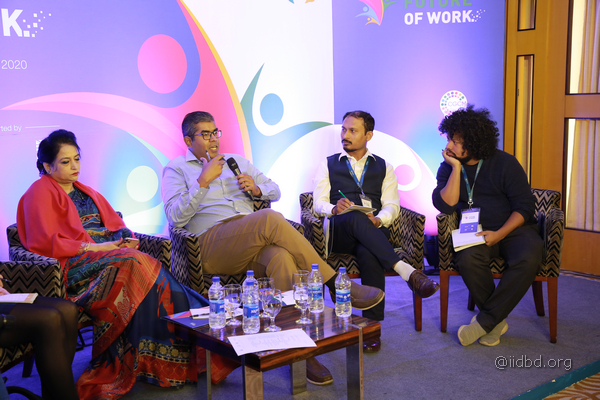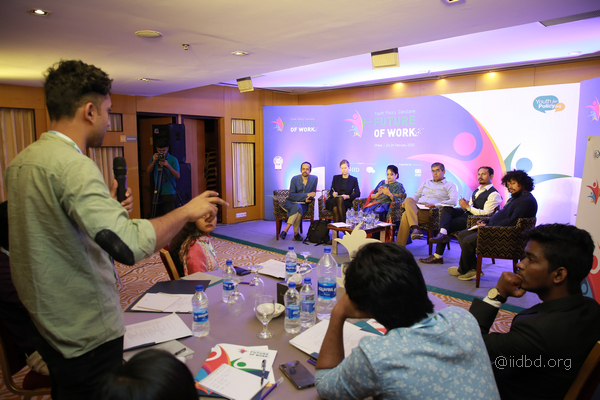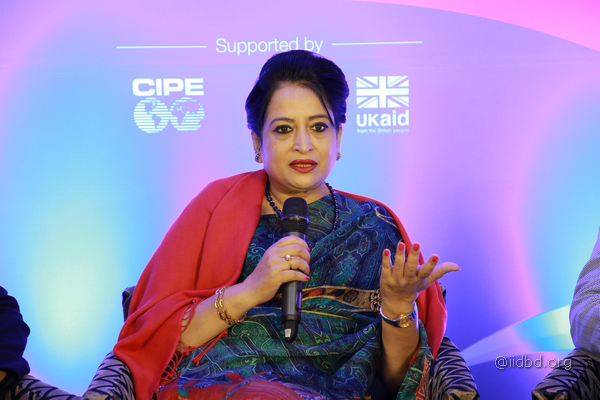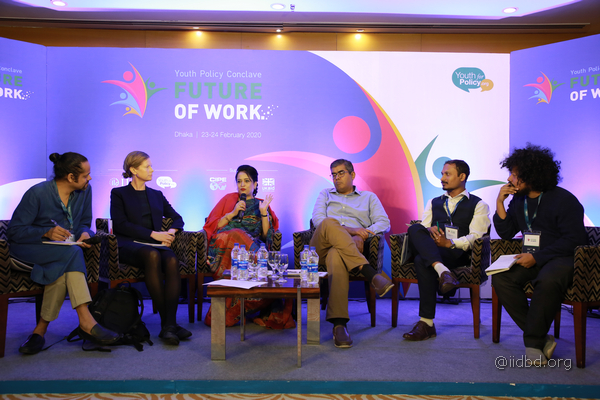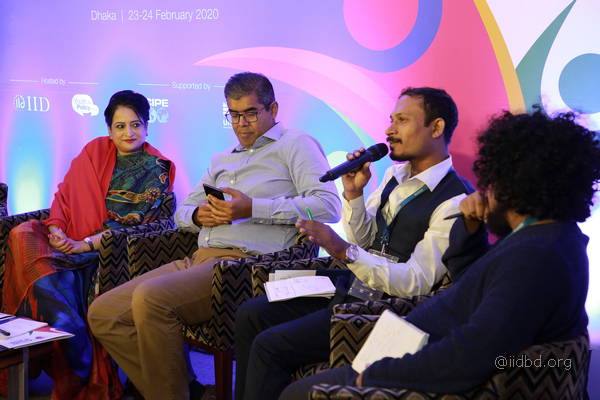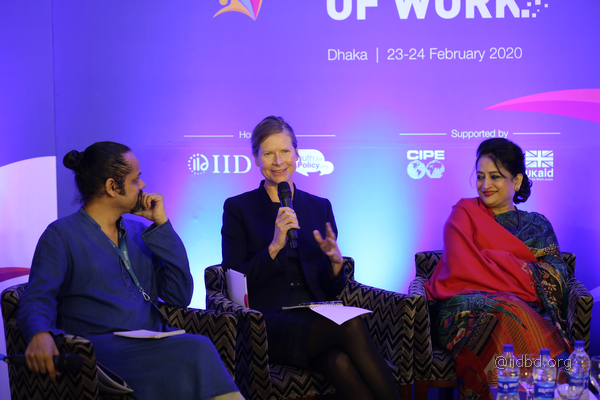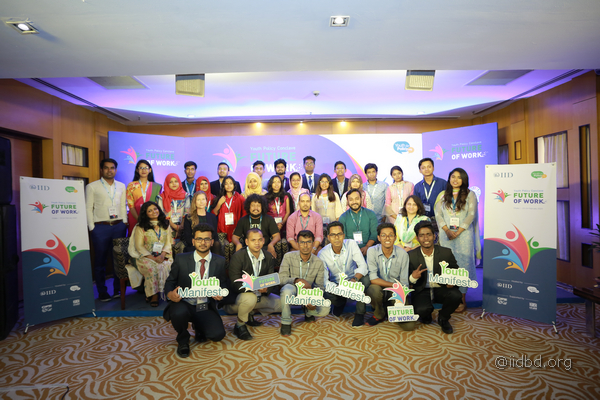How to prepare for the future of work?
How do we plan to face global economic transformation with the emergence of rapid automation and climate crisis ? Do we passively wait and face the future or do we have the choice to create our own future? While discussing these issues development partners mentioned that preparing for ‘future of work’ demands beyond skill development stated developing partners a panel discussion
According to experts, while we have a choice to create a future that will fulfil our needs, we will face inevitable circumstances for which we need to be prepared. The only way to make the technological revolution work for the future generation is to aspire to control technology rather than being controlled by technology. For that, skill development is essential. Thus, the future generation must focus on work, not only jobs and strive to establish a work-life balance.
Rapid increased automation, climate change, capital incentive growth and demographic dividend poses both opportunities and challenges for the youth regarding employment. The youth must come together and raise their collective voice to influence policy making process to focus on their interests. And, any effort in preparation for the future must be made by setting goals and fixing deadlines.
The experts were discussing these issues in the panel titled ‘Future of Work : Opportunities & Challenges’ on 23rd February 2020. This introductory panel initiated the two day long Youth Policy Conclave that produced the ‘Youth Manifesto‘ where CGCM was a networking partner.
During the session, honourable MP Selima Ahmad, explained that one does not have to be talented to become a successful entrepreneur, if he/ she can learn, practice and work hard. She also mentioned that while advocating for a policy, one must make sure that it is time relevant.
Founder & CEO of Bdjobs A.K.M Fahim Mashroor pointed out that youth can play a better role in changing social mindset about dignity of work as they are inventors of new ideas.
Head of ASER Bangladesh Gopal Kumar Dey, explained the importance of setting goals and fixing deadlines to be successful.
Educationist and Futurist Shakil Ahmed of Acumen Academy Bangladesh, stressed on defining work beyond jobs, so that the future of work is focused on adding value to the overall community.
Jennifer Anderson from CIPE, explained that collective voice can create better impact.
The Youth Policy Conclave 2020 had 25 young leaders of IID’s ‘Youth for Policy’ network from 18 different districts of Bangladesh as participants. Syeed Ahamed , CEO of IID moderated the panel discussion.
The panelists looked forward to seeing the recommendations provided by the participants of the conclave in their youth manifesto which would provide the youth with directions on preparing for the future of work.
